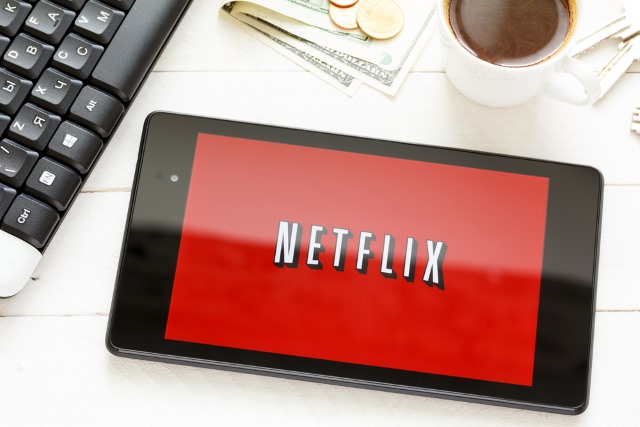
You might assume that Netflix, the world’s most popular video streaming service, would put out a fierce condemnation of online piracy, but CEO Reed Hastings is taking a much more accepting stance.
Speaking ahead of his company’s launch in Spain in October, Hastings indicated that piracy creates a market receptive to watching content online -- a necessity for his businesses to succeed.
"I think Spain will be one of our most successful countries. There is a high rate of Internet connectivity and a population that is accustomed to the use of electronic commerce and that has shown signs of being interested in our product. We are very optimistic", Hastings told El Mundo.
|Well, you can call [piracy] a problem, but the truth is that it has also created a public that is now used to viewing content on the Internet", added Hastings.
Copyright holders may well be aghast, but Hastings certainly has a point and his comments echo those of many others that stress that the key to fighting piracy is not to clamp down on file sharers and their affiliated sites, but to offer consumers a viable alternative. The Netflix CEO compared the online content market to that of drinking water -- just because people have access to tap water, doesn’t mean that bottled water is doomed to fail. Likewise, Hastings sees the potential for a successful business even in parts of the world where piracy is widespread.
In fact, studies of online piracy can prove hugely beneficial to legal services. Analyzing the reasons why individuals choose to download content illegally can help entertainment platforms offer a more appealing alternative and help move the discussion away from overly simplistic suggestions that piracy advocates simply don’t want to pay for anything.
Research from last year suggests that movie pirates in particular are more than happy to pay for content, actually spending more money on average to see films legally than those who do not consume pirated content. The reason being that movie pirates are simply bigger consumers of media than those that stick solely to legal methods.
Convenience is often a major factor behind the decision to pirate content, aside from cost, and this is where legal services have to improve their offering. Netflix recognizes this and has long been insisting that fighting piracy head-on is not an effective approach. "We offer a simpler and more immediate alternative to finding a torrent", Hastings explains.
Netflix has already experienced successful launches in countries like the Netherlands where illegally acquiring content was commonplace, suggesting that the service shouldn’t experience many issues when it comes to Spain, Italy or Portugal later this year.
Unchecked piracy has obviously caused significant damage to distributors, artists and studios in both the music and movie industries, but for too long the approach has been reactive. The decision to block The Pirate Bay, one of the web’s most notorious file sharing sites, has been largely ineffective, simply pushing users to the site’s many proxies.
Therefore, the words of Netflix CEO Reed Hastings are hugely refreshing. Piracy is not a victimless crime, but it is not the only reason for the problems plaguing the creative industries. The worlds of movies and music must both find a way of convincing users to choose legal methods instead of piracy if they are to be successful in the future.
Published under license from ITProPortal.com, a Net Communities Ltd Publication. All rights reserved.
Photo credit: Sukharevskyy Dmytro (nevodka) / Shutterstock

